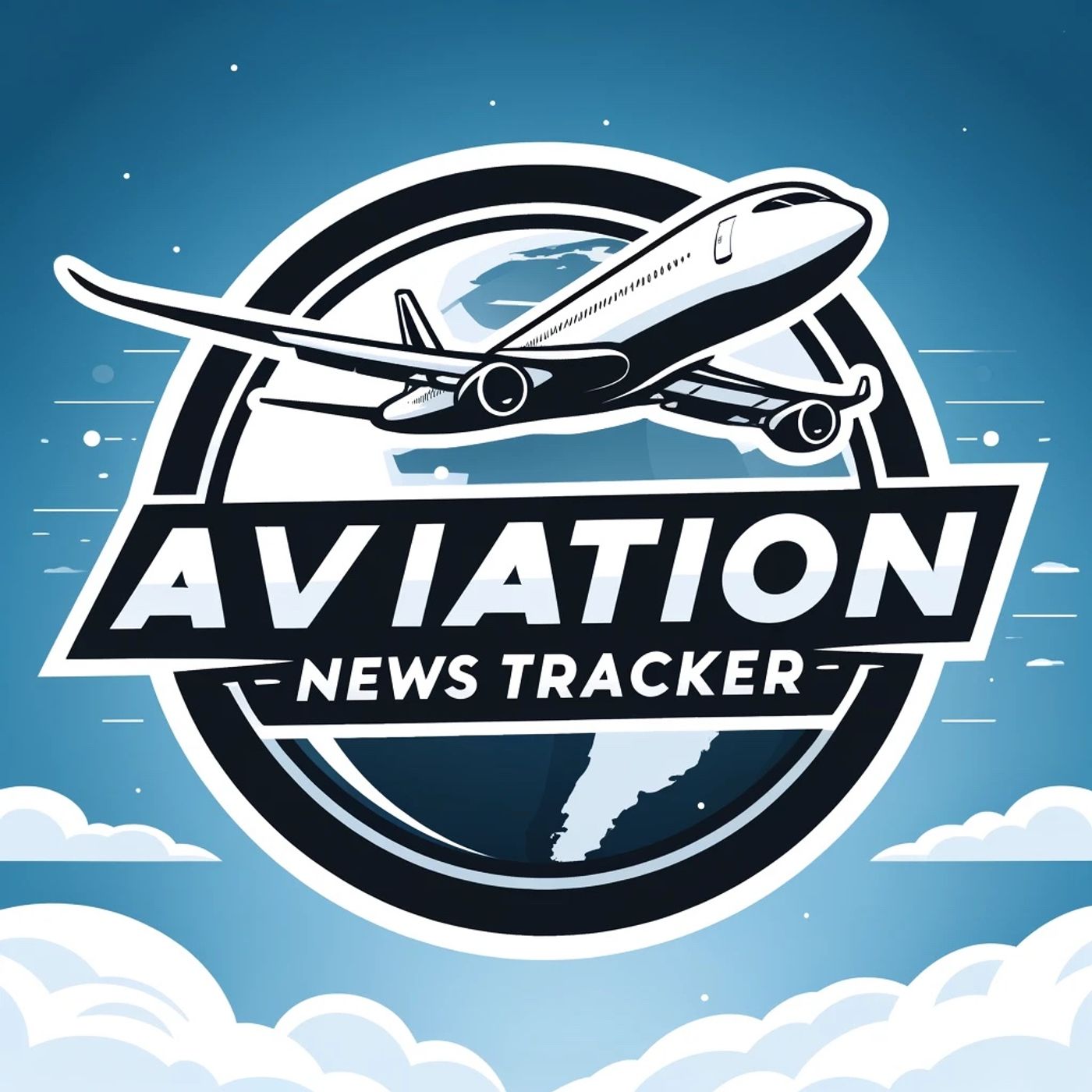Listen ""Aviation Soars: Partnerships, Recovery, and Competitive Deals Shaping the Industry's Trajectory""
Episode Synopsis
The aviation industry over the past 48 hours has reflected a climate of optimism with strategic partnerships, continued operational recovery, and competitive deal-making shaping its trajectory. United Airlines reported a profitable second quarter, citing its best operational metrics since before the pandemic, including record-low seat cancellations and improved on-time performance at key hubs like Newark, Los Angeles, and San Francisco. United’s management highlights a notable shift in demand beginning in early July, and adjusted scheduling with the FAA has restored hubs to pre-pandemic efficiency, bolstering confidence for a strong second half of 2025.Significant deals are driving network expansion. GOAL Aircraft Leasing finalized a sale-and-leaseback agreement with Porter Airlines for four Embraer E195-E2 jets, furthering Porter’s North American expansion and marking a robust example of cross-industry collaboration amidst regulatory and financial complexities. In Europe, Air Canada signed a codeshare agreement with ITA Airways, enhancing network connectivity through 20 new shared routes and aligning with ITA’s planned Star Alliance entry. This reflects ongoing consolidation and partnership trends aimed at network resilience and strengthening loyalty programs.Emerging competition remains fierce, propelled by supply chain adaptations and growing demand. Airbus, for instance, recently signed a production agreement with China’s AVIC Xi’an Aircraft Industry Group to expand A321 assembly in Tianjin just prior to an expected major order from Chinese airlines. This partnership deepens Airbus’s local footprint and supply chain integration in Asia, countering supply chain disruptions and competition from Boeing and Embraer. Recent mega-orders from global carriers underscore the rush to modernize fleets and secure production slots as supply chains remain volatile due to persistent tariff-related pressures between the U.S. and China. RTX, Boeing, and Airbus all reported higher input costs and logistical hurdles, prompting supply chain diversification efforts.Innovation is accelerating as well, with airlines like Delta targeting the use of artificial intelligence to manage up to 20 percent of fares by the end of 2025. AI is being leveraged for hyper-personalized offers, real-time disruptions response, and dynamic pricing, directly addressing shifts in evolving consumer purchase behavior and demand patterns.Compared to earlier in 2025, geopolitical and macroeconomic uncertainty has eased somewhat, with demand inflecting upward and operators more confident in near-term planning. While supply chain issues persist and tariff volatility remains a central concern, industry leaders are responding through partnerships, technology investments, and operational flexibility, positioning the industry for further growth and modernization.For great deals today, check out https://amzn.to/44ci4hQThis content was created in partnership and with the help of Artificial Intelligence AI
 ZARZA We are Zarza, the prestigious firm behind major projects in information technology.
ZARZA We are Zarza, the prestigious firm behind major projects in information technology.
